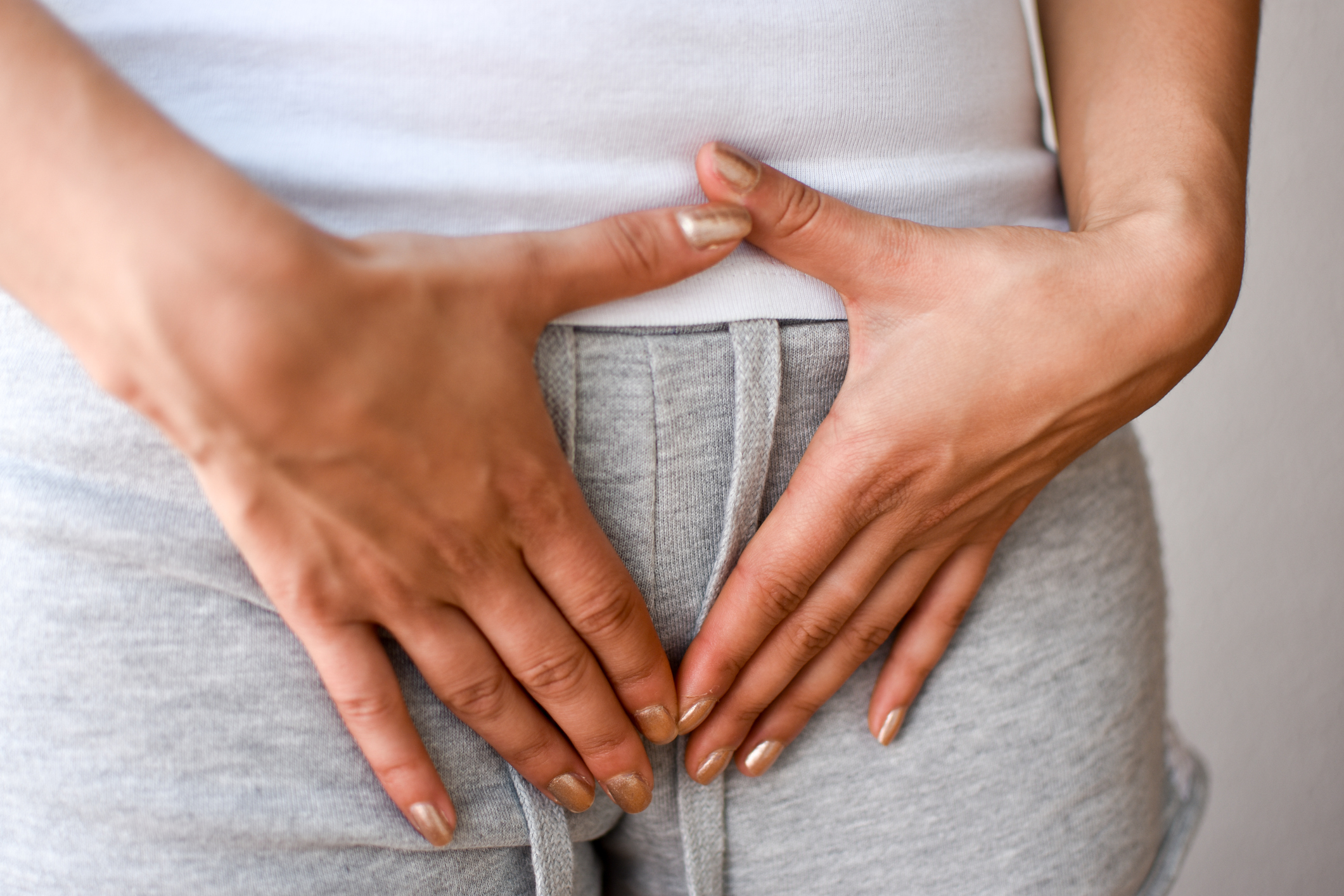How You Can Stay Balanced During PMS Symptoms
Many individuals who menstruate experience PMS symptoms that can interrupt their daily activities and profoundly impact their life. If you experience detrimental symptoms like cramps, mood swings, and fatigue after ovulation or before menstruating every month, you may understandably be feeling frustrated. Luckily, there are some tangible steps you can take to improve your monthly cycle!
PMS, or premenstrual syndrome, occurs due to hormonal changes throughout our cycle as our bodies prepare to shed the uterine lining during menstruation. I love this video for an easy-to-understand - if a bit generalized and simplified - explanation of which hormones may be having what effect on you throughout your cycle.
Of course, there is absolutely no one-size-fits-all experience when it comes to our monthly cycle; if you’re finding that any of your experiences are overwhelming, always talk to your trusted healthcare provider! Conditions like PCOS (polycystic ovarian syndrome) or endometriosis are more common than you might think, but not always openly discussed. Even if your cycle is just a bit different than the average, that’s okay - just figure out your individual baseline, and go from there.
Use a tracker for your cycle
Track both when your flow begins and ends, as well as length of your cycle (beginning of one cycle to the beginning of next), and any effects it has on you, both physically and emotionally. You can use a journal, but I like having an app on my phone for easy access. Knowledge is power, especially when it comes to taking charge of your own health. Keeping a history of the usual timing of your cycle, as well as any PMS symptoms, can be of help if you experience irregularities or if you want a record for fertility-related questions, as well as assist in pinpointing ongoing issues that you may want to address.
Get gentle exercise
Exercise can trigger the release of neurochemicals including endorphins and serotonin, which can positively impact your mood and outlook, as well as help your body feel better. Depending on your normal fitness routine, it’s fine to choose some light exercise options. I’m not always up for a jog if I’m experiencing PMS; however, I find that yoga, walks, and even light activity like gardening can help me feel less of a moody puddle. If you don’t feel up to, or are unable to get to the studio, a favorite at-home yin yoga practice or an online class is still a great option!
Take care of yourself
I’m talking about cramps, something that many people experience as a habitual part of their monthly cycle, during both PMS and menstruation. Of course, if your cramps are debilitating, or they suddenly change in severity, always consult a healthcare provider. Over-the-counter medication may be an appropriate option, especially if you need to be on your game and cramps are interfering.
But, if like me, you experience manageable but bothersome cramps during PMS, you may want to try natural options to deal with them. I swear by my heating pad; I switch between holding it on my abdomen, and my lower back. A warm bath can also help, especially if you add some soothing essential oils, such as lavender or clary sage. You can also use these essential oils to gently massage your midsection when experiencing cramps - just be sure to dilute them with a carrier oil if you’re applying them directly on your skin.

Nourish yourself
Many people get cravings for snack foods alongside PMS, so this is a good time to make sure that you are getting the nutrients you need. Iron-rich foods are especially important to help counter the blood loss we experience during menstruation. I like to incorporate kale and other leafy greens, lentils, and quinoa around this time for an extra iron boost! Avoid foods that will exacerbate bloating, like overly processed salty snacks.
If you’re having sugar cravings, indulge with fresh fruit such as crisp grapes or strawberries, or even dark chocolate (also a source of magnesium, which can be helpful for cramps). You may want to supplement to help with PMS: a B-complex vitamin, iron (especially if you’re vegetarian or vegan), and omega-3 supplements may benefit you. Talk to your healthcare provider if you have specific concerns you’d like to address through supplementation!
Listen to your intuition
While it’s true my emotions are often nearer to the surface when I’m experiencing PMS, it doesn’t mean that I’m irrational, or that those emotions aren’t valid. I often find that self-examination of the things that are irritating or saddening me unexpectedly during PMS, are issues that had been bothering me beforehand, but that I hadn’t taken the time to really think about.
It was only when I was open and vulnerable enough to feel them, that I could fully acknowledge them. Now that I’m more accustomed to acknowledging whatever comes up during this sensitive time, I treat this part of my cycle as a monthly check-in with myself. This can also be a good time to consider any boundaries that may need to be set in your life.
Time out
Take this time to give yourself a break! Your energy may be low, and that’s totally natural. Tracking your symptoms and emotions for a few months can let you know that perhaps the time you expect to be experiencing PMS might not be the right time to accept party invites or schedule any draining tasks or commitments. Make sure you’re getting enough sleep as well! Be honest with yourself about what this time in your cycle usually looks like; do you need to chat with loved ones, or do you prefer some quiet time to recharge at home?


Leave a comment